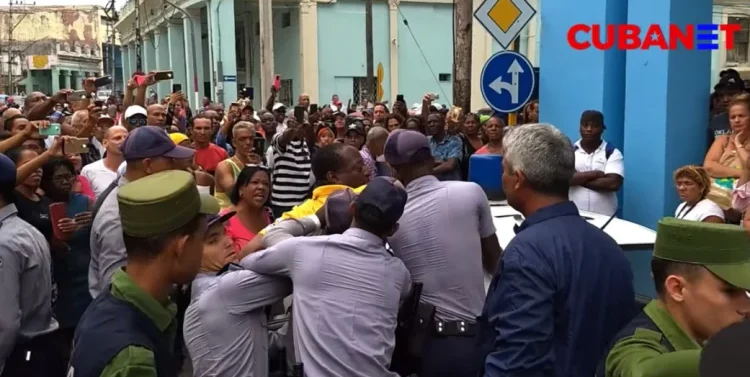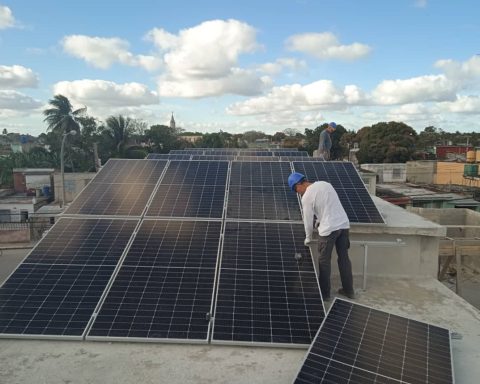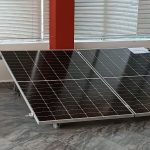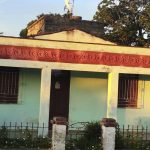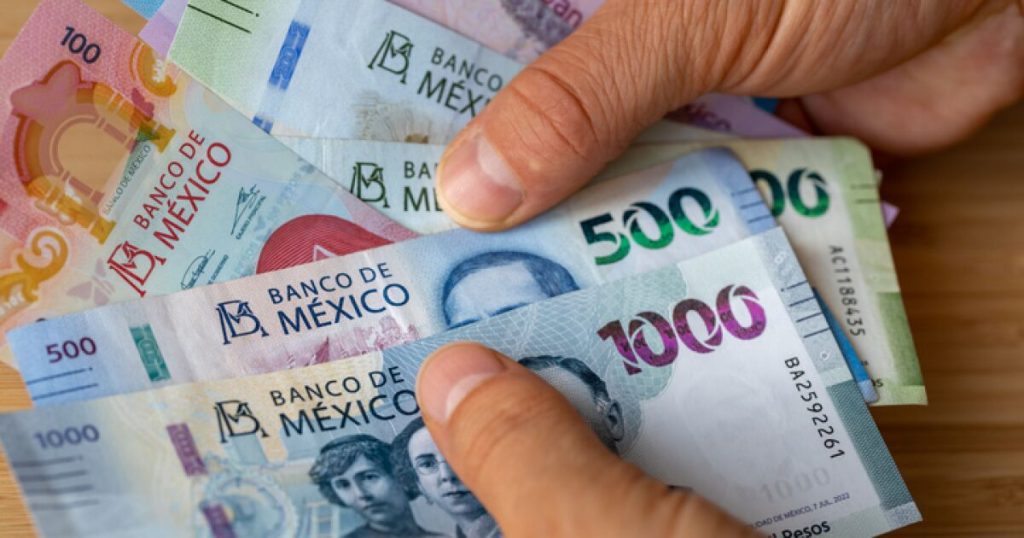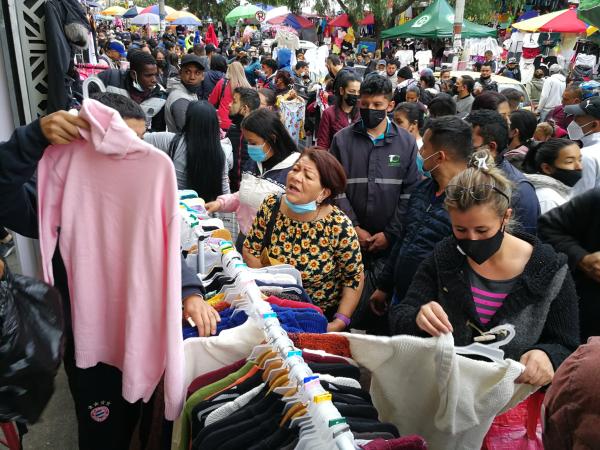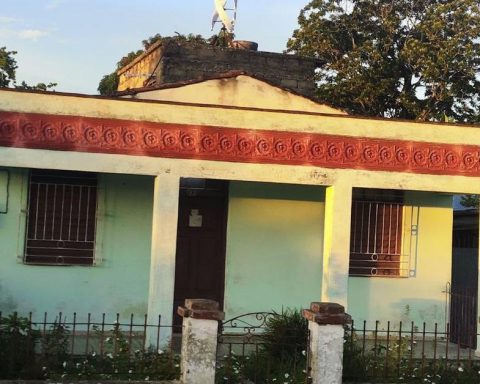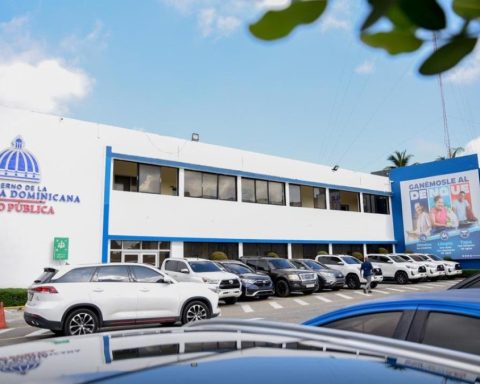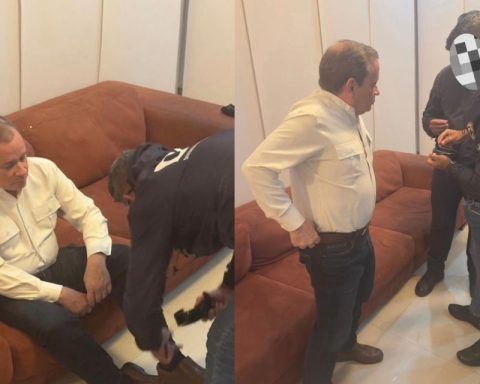MADRID, Spain.- The Cuban Observatory of Human Rights (OCDH) presented its monthly report for August, in which documents at least 152 repressive actions by the island’s regime. The report, published on September 4, indicates that 14 of these actions were arbitrary arrests, while the remaining 138 include abuses such as threats, summons and police harassment. In addition, 81 complaints were reported by political prisoners and their families, reflecting the critical situation of human rights in the country’s prisons.
One of the most tragic events noted in the report is the suicide of Yosandri Mulet Almarales, 11J protester. Mulet, who was serving a ten-year prison sentence for his participation in the July 11, 2021 (11J) protests in the La Güinera neighborhood, took his own life while on prison leave.
“The main instrument of terror “In Cuba, it is prison,” the OCDH condemned, and stressed that the situation of political prisoners remains alarming. The organization denounces that not only are they denied the right to a fair trial, but they are also subjected to inhuman prison conditions.
The report documents harassment against former political prisoners. Carlos Michael Morales He was threatened by the political police with being imprisoned again if he did not abandon his activism and agree to work for the State. Samuel Pupo Martínez, also a former political prisoner, was warned that he could face new criminal proceedings and up to 10 years in prison for the crime of “propaganda against the constitutional order” due to his political opinions expressed on social media. In addition, Wilber Aguilar Bravo, father of political prisoner Walnier Aguilar, was subject to constant police surveillance near his home.
The July report from the Cuban Prison Documentation Center had shown an alarming picture of the situation of the prisoners. human rights in the country’s prisons. During that month, 130 complaints of rape were registered in 40 prisons in 14 provinces, affecting 94 inmates, including a significant number of political prisoners. These complaints include harassment, poor medical care, beatings, torture and forced transfers.
According to the NGO Prisoners Defendersas of the end of July 2024, there were 1,119 political and conscience prisoners in Cuba. According to the organization, in the last 12 months, the number of political prisoners has increased by 160 people, which represents an average of more than 13 new prisoners per month.
Given this scenario, the OCDH accused the Cuban regime of “silencing political activism, protests and any expression of discontent through the use of terror, imprisonment and exile, instead of seeking solutions to the violations committed daily against the citizens of the Island.”
The organization concludes that the repressive climate has generated fear and caution among citizens, which responds to the government’s objectives and reflects the cost of repression in Cuba.
